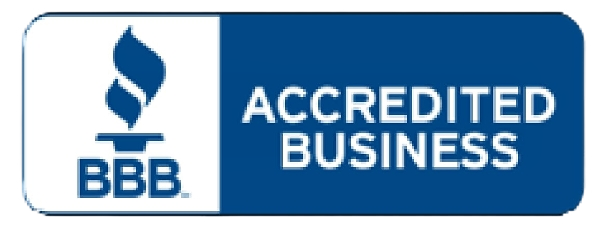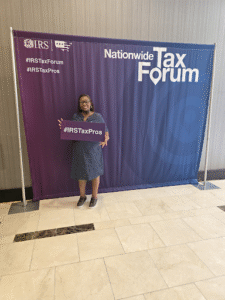2025 IRS Tax Changes: What You Need to Know
The One Big Beautiful Bill Act (OBBBA), signed into law on July 4, 2025, is bringing major updates to the U.S. tax code. Designed to extend some provisions of the Tax Cuts and Jobs Act (TCJA) while introducing new taxpayer-friendly measures, these changes will affect millions of Americans starting with the 2025 tax year.
Here’s a breakdown of the key updates every taxpayer, family, and business owner should know:
Standard Deduction Made Permanent
The increased standard deduction from the TCJA is here to stay. For 2025:
– Single filers: $15,750
– Married filing jointly: $31,500
These amounts will be adjusted annually for inflation.
Enhanced Deduction for Seniors
Seniors aged 65 and older will receive an additional $6,000 deduction if their income is below:
– $75,000 (single)
– $150,000 (married filing jointly)
This special benefit applies for 2025 through 2028.
No Tax on Tips
From 2025–2028, taxpayers can deduct up to $25,000 of qualified tips.
– Phases out for AGI above $150,000 (single) or $300,000 (married filing jointly).
No Tax on Overtime
Overtime pay also gets relief:
– Deduct up to $12,500 (single) or $25,000 (joint filers) in overtime income.
– Same phase-out limits as the tip deduction.
Boosted Child Tax Credit (CTC)
Families will benefit from an increase of $200 per child, raising the credit to $2,200 for dependents under 17.
Trump Accounts for Child Savings
Parents of children born between 2025–2028 will receive a one-time $1,000 savings account contribution per child.
Auto Loan Interest Deduction
Car buyers get temporary relief:
– Deduct up to $10,000 annually in interest on new auto loans.
1099-K Reporting Threshold Reset
The threshold for reporting third-party payments returns to $20,000 and 200 transactions, easing reporting burdens for small sellers and gig workers.
Business Expensing
Businesses can continue to fully expense (100% bonus deduction) certain property purchased during the tax year.
Clean Energy Credits Expire Soon
Two popular credits end on December 31, 2025:
– Energy Efficient Home Improvement Credit
– Residential Clean Energy Credit
Additionally, clean vehicle credits (including commercial EVs) are set to terminate by September 30, 2025.
What This Means for You
The OBBBA offers short-term relief and incentives for workers, families, and businesses, but many provisions (like the tip and overtime deductions) expire after 2028. If you want to maximize benefits:
– Families should plan around the expanded Child Tax Credit and child savings accounts.
– Workers in industries with tips and overtime should track income carefully to claim deductions.
– Car buyers and business owners may want to take advantage of temporary deductions before they expire.
– Homeowners and EV buyers should act before clean energy incentives phase out.
👉 Staying informed and planning ahead can help you save thousands on your 2025–2028 taxes.



